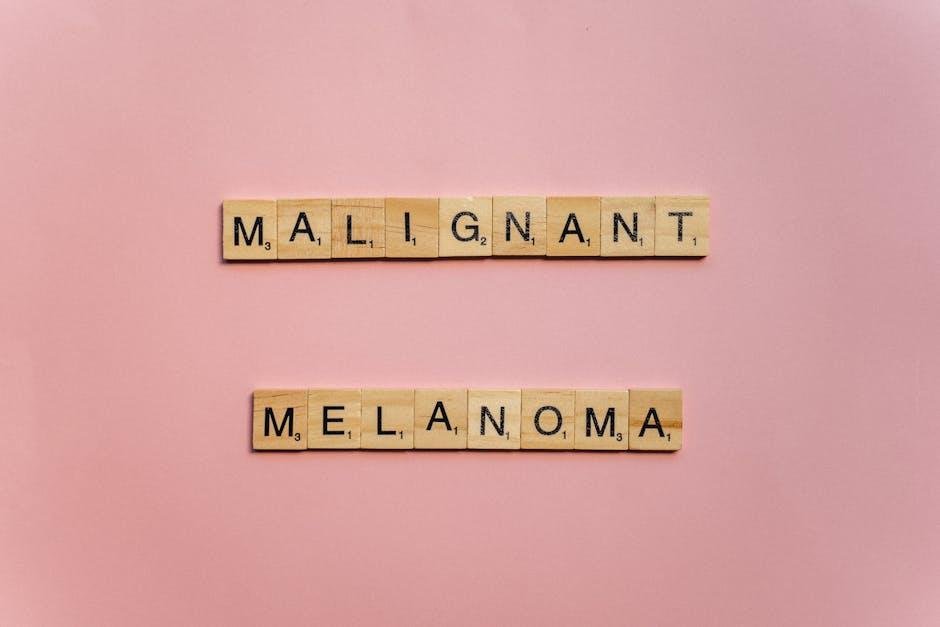Title: How Hormones Affect Your Skin (and What You Can Do)
When it comes to the complex tapestry of human health, few threads are as intricate and intertwined as those woven by hormones.These powerful chemical messengers orchestrate a myriad of bodily functions—from mood and metabolism to growth and reproduction. However,their effects reach far beyond the inner workings of our bodies,dramatically influencing the skin we inhabit. From the teenage breakouts that echo the turbulence of adolescence to the dry, creased skin that can accompany the waning years of life, hormones play a pivotal role in our skin’s appearance and health. In this article, we’ll explore the fascinating connection between hormones and skin, uncovering the science behind their impacts and providing actionable strategies to help you navigate the hormonal landscape for healthier, more radiant skin. Whether you’re grappling with acne, dryness, or the signs of aging, understanding this connection can empower you to take control of your skin’s destiny.
Understanding Hormonal Fluctuations and their impact on Skin Health
Hormonal fluctuations occur naturally throughout various life stages, including puberty, menstruation, pregnancy, and menopause, influencing the body’s systems in numerous ways. These shifts can lead to changes in skin behavior, often resulting in conditions such as acne, dryness, or a loss of elasticity. Specifically, fluctuations in androgens, a group of hormones that include testosterone, can increase sebum production, contributing to breakouts. On the other hand, estrogen promotes collagen production, which is vital for maintaining skin strength and elasticity, meaning decreased levels can lead to sagging or dull skin.
To manage the impact of hormonal fluctuations on your skin, consider the following strategies:
- Maintain a consistent skincare routine that includes gentle cleansers and moisturizers suitable for your skin type.
- Incorporate products with active ingredients like retinoids or salicylic acid to help regulate oil production and promote cell turnover.
- Stay hydrated—drinking ample water can help maintain skin elasticity and overall health.
- Balanced nutrition rich in antioxidants, vitamins, and healthy fats can positively influence skin health and hormonal balance.
For a more tailored approach, consulting with a dermatologist or endocrinologist may provide insight into personalized treatments based on your specific hormonal profiles.

Common Skin Conditions Linked to Hormonal Changes
The intricate dance of hormones within our bodies can lead to a variety of skin conditions, reflecting the shifting tides of our internal landscapes. One of the most prevalent issues is acne, often exacerbated during puberty, menstrual cycles, and pregnancy. Increased levels of androgens stimulate oil production in the skin, clogging pores and leading to breakouts. Similarly, melasma, characterized by brown or gray patches, frequently occurs in women during pregnancy or due to hormonal therapies, making it a common concern for those experiencing hormonal fluctuations.
Other skin conditions like eczema and rosacea can also find links to hormonal changes, with stress hormones playing a meaningful role. During stressful periods, the body releases cortisol, which can disrupt skin barrier function, resulting in flare-ups for those prone to eczema. On the other hand, fluctuations in estrogen levels can exacerbate rosacea, leading to increased redness and visibility of blood vessels. Here’s a brief overview of how these conditions relate to hormonal changes:
| Skin Condition | Associated Hormonal Change | Common Triggers |
|---|---|---|
| Acne | Increased androgens | Menstruation, puberty, pregnancy |
| Melasma | Estrogen fluctuations | Pregnancy, contraceptives |
| Eczema | Cortisol spikes | Stress, weather changes |
| Rosacea | Estrogen levels | Hormonal changes, heat, alcohol |

Nutritional Strategies to balance Hormones for Glowing Skin
Achieving glowing skin often requires a holistic approach to our nutritional choices, especially when it comes to managing hormonal balance. Incorporating specific foods can support skin health by stabilizing hormones and reducing inflammation. Consider adding these nutrient-dense options to your meals:
- Leafy greens: Bursting with antioxidants and vitamins, these help detoxify the liver, which plays a key role in hormone regulation.
- Healthy fats: Avocados, nuts, and seeds provide essential fatty acids that support hormone production and skin elasticity.
- High-fiber foods: Whole grains and legumes aid in digestion and hormone metabolism, promoting clearer skin.
- Fermented foods: Yogurt, kefir, and sauerkraut foster a healthy gut microbiome, which is linked to hormonal balance.
along with emphasizing the right foods, hydration is crucial for skin vitality and hormonal function. make sure to drink plenty of water, perhaps enhancing it with a splash of lemon or some cucumber slices for added benefits. Supplements like magnesium and omega-3 fatty acids can provide additional hormonal support, notably for those experiencing hormonal fluctuations due to stress or menstrual cycles. Here’s a simple table summarizing these strategies:
| Nutrient | Benefits for Skin |
|---|---|
| Leafy greens | Detoxifies and nourishes |
| Healthy fats | Supports elasticity and hydration |
| High-fiber foods | Aids hormone metabolism |
| Fermented foods | Boosts gut health |
| Hydration | Keeps skin plump |
| Supplements | Supports hormonal balance |

Skincare Routines Tailored to Hormonal Skin Needs
Hormonal fluctuations can lead to a variety of skin issues, such as acne, dryness, and increased sensitivity. To create an effective skincare routine tailored specifically to hormonal skin needs, it’s essential to focus on balancing the skin’s condition. Start with a gentle, non-comedogenic cleanser to remove impurities without stripping the skin of its natural oils. Follow this with a targeted serum containing ingredients like niacinamide or salicylic acid, which can definitely help regulate oil production and reduce inflammation. Additionally, consider incorporating a hydrating moisturizer with hyaluronic acid to maintain moisture levels, especially if your skin tends to become dry during hormonal fluctuations.
Exfoliation plays a crucial role in managing hormonal skin, helping to unclog pores and promote cell turnover. Though, it’s essential to choose the right type of exfoliant. Look for chemical exfoliants like AHAs or BHAs that can gently slough off dead skin without irritating it. To further enhance your skincare routine, consider adding a weekly mask with clay or charcoal to absorb excess oil and draw out impurities. don’t forget to apply a broad-spectrum sunscreen daily, as hormonal changes can increase skin sensitivity to the sun. By tailoring your routine to your skin’s hormonal needs, you can achieve a clearer, healthier complexion.
wrapping Up
As we navigate the intricate landscape of skin health, it becomes clear that hormones play a pivotal role in shaping the complexion we see in the mirror. From the ebb and flow of puberty to the nuanced changes of menopause, our hormonal orchestra can dramatically influence everything from oil production to collagen levels. Understanding this connection equips us with the knowledge to adapt our skincare routines, seek targeted treatments, and embrace lifestyle choices that promote balance.
As we wrap up our exploration of hormones and skin, remember that this journey is as much about self-acceptance as it is about science. Armed with the insights gleaned here, you can take proactive steps toward achieving vibrant and healthy skin. Whether it’s consulting with a healthcare professional, tweaking your skincare regimen, or simply practicing mindfulness, every action contributes to a harmonious relationship with your body.
Embrace the journey of self-finding, and allow your skin to reflect the vibrant essence of who you are, inside and out. After all, beautiful skin is just one of the many ways to celebrate the remarkable interplay of hormones and the human experience.

